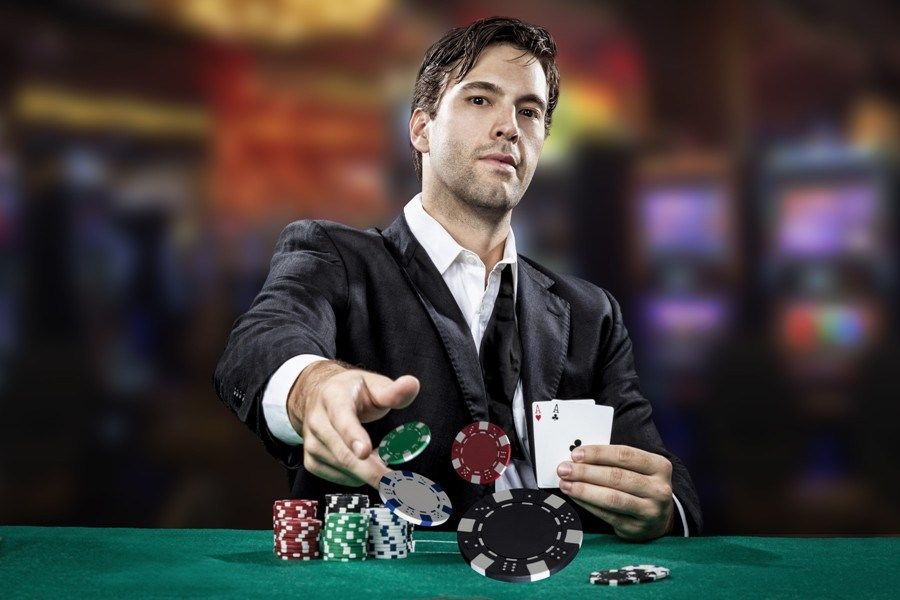High rollers in casinos form a completely special segment of the industry. These are not just players with large stakes, but strategists with cold calculation, high risk tolerance, and special conditions for participating in the gaming process. Their status creates a separate world around the establishment with privileges, individual limits, personal managers, and exclusive offers. There are no random visits in it – each arrival is calculated, each spin works for a long-term strategy, and the amounts of bets have long ceased to amaze.
Who can be considered a high roller in a casino: status features
The standard classification of high rollers in casinos is based on the sizes of deposits and bets within one gaming session. If an average user operates with sums up to $500, then these specialists start the process with a minimum of $5,000-10,000. In roulette, this is expressed in bets starting from $500 per spin, in blackjack – from $1,000 per hand, in slots – $100 and above per line. The average turnover of one high roller within an evening visit can exceed the weekly activity of 50-70 regular players.

The peculiarity of behavior lies not only in the volume, but also in the frequency. A high roller returns to the table regularly, controls the bankroll, does not harbor illusions, uses strategies, including mathematical ones – from “Labouchere” to modified schemes like “Paroli” or “Fibonacci”.
Interaction with the platform: premium-level service
High rollers in casinos are not just players, but special clients on whom a separate business logic is focused. Leading online platforms develop special VIP programs for such users, which include:
- Personal manager available 24/7.
- Personalized bonuses, often exceeding $10,000.
- Increased withdrawal limits.
- Participation in closed tournaments with prizes starting from $100,000.
- Invitations to offline events from the brand – from cruises to poker series.
In large casino networks, high rollers get access to separate lounge areas, rooms with private tables, and even service entrances to the establishment. In the online format, this is reflected through dynamic support, custom offers, and the absence of standard game limit restrictions.
Psychological profile: strategy instead of chance
High rollers in casinos are characterized by rationality. Big bets do not equal recklessness – on the contrary, each session is built on a calculated system where there is no place for emotions. Unlike regular players, who often succumb to impulsive decisions, high rollers demonstrate composure and endurance even in conditions of a long series of losses. This category is not interested in short-term wins – their focus is on long-term profit.
Casinos take these features into account and create separate types of interactions. Even the communication style is different – without intrusive advertising, exclusively in the language of numbers, forecasts, and confidential offers. While a novice receives free spins and welcome bonuses, a high roller gets the right to a deposit with a 30% cashback, individual bets, and custom analytics.
Strategies and tools of high rollers in casinos: bet as managed capital
High rollers in casinos rarely play blindly. They actively use:
Bankroll management – strict control over budget allocation for sessions, games, and time frames.
Probability analysis – calculations of chances of winning depending on RTP, volatility, and variance.
Network analytics – analysis of own sessions through APIs, exports, platform statistics.
Bet tracking software – specialized trackers that allow tracking every move and adjusting the strategy in real time.
For example, in a live casino, a blackjack high roller uses the “card counting” strategy, monitors the distribution of jacks and aces, adjusts the bet without exceeding the preset deviation limit. On an online platform, they adapt the algorithm for limit play with high volatility, combining automatic play with manual spins.
Differences between high rollers and regular casino players
High rollers in casinos stand out not only in terms of sums, but also in their entire behavioral structure:
A regular player may switch between slots randomly, while a high roller builds a sequence based on statistics.
A novice often goes “all-in” hoping for luck, while a high roller doses bets, acts within a strategy framework.
The attitude towards loss is also important: a specialist incorporates it into the model as a norm, not a catastrophe.
The approach to the casino is like an investment field: with a focus on return, understanding of margin, and clear risk assessment.
This behavior shapes a separate marketing logic: advertising offers for professionals do not contain standard phrases about “big wins,” but appeal to control, flexibility, and personalized approach.
Online and offline: where high rollers play in casinos
The game format for high rollers depends on preferences, geography, and goals. Online platforms offer flexibility, anonymity, and instant access, while expanding the offering through unique VIP programs. Offline casinos compensate for the lack of mobility with atmosphere, prestige, and real privileges – from private transfers to staying in a luxury suite.
In the online segment, licensed platforms with a proven reputation, access to high limit tables, and the opportunity to participate in individual tournaments are most often chosen. The priority is given to Playtech, Evolution, Ezugi, NetEnt with their live series, where real sums are at stake and special rules apply to high rollers. For example, VIP blackjack with limits up to $100,000 or roulette with a personalized table.
In the offline format, locations like Monte Carlo, Marina Bay Sands, or Venetian Macao are leading. There, high rollers in casinos not only get access to games, but a whole complex: separate halls, staff, security, closed bets, the ability to deposit cash in millions of dollars with subsequent withdrawal to confidential accounts.
Risks and protection: a high roller’s approach to security
Big money means big risks. High rollers in casinos accept this as part of the process, but minimize risks through tools such as:
Bankroll division: main sum, operational reserve, insurance.
Working with platforms only when licensed and guaranteed payouts are present.
Using multi-currency accounts, crypto wallets, tracking commissions.
Analysis of gaming history and RNG (random number generator) algorithms for transparency.
Verification of personal data in a secure format.
Each decision – from entering the platform to placing a bet – is calculated and documented. It is important not just to participate in the game, but to manage every process as part of a business strategy.
Why casinos need high rollers
High rollers in casinos account for up to 30% of the total turnover, while constituting less than 1% of all users. This imbalance makes them key clients. Their activity stimulates turnover, allows platforms to invest in new products, conduct large tournaments, and maintain liquidity.

Casinos build loyalty around them – from hidden loyalty programs to commission refunds. The level of attention to a high roller is comparable to the level of service for premium clients in banks. It’s not just a game – it’s a two-way partnership with benefits for both sides.
Conclusion
High rollers in casinos are not just players with large stakes, but a special category combining strategic thinking, risk resilience, and a deep understanding of the gaming process. They create a separate culture within the gambling industry: with personalized conditions, precise calculations, an economic model of behavior, and a high level of trust from platforms. Their difference lies not in money, but in their attitude towards the game.



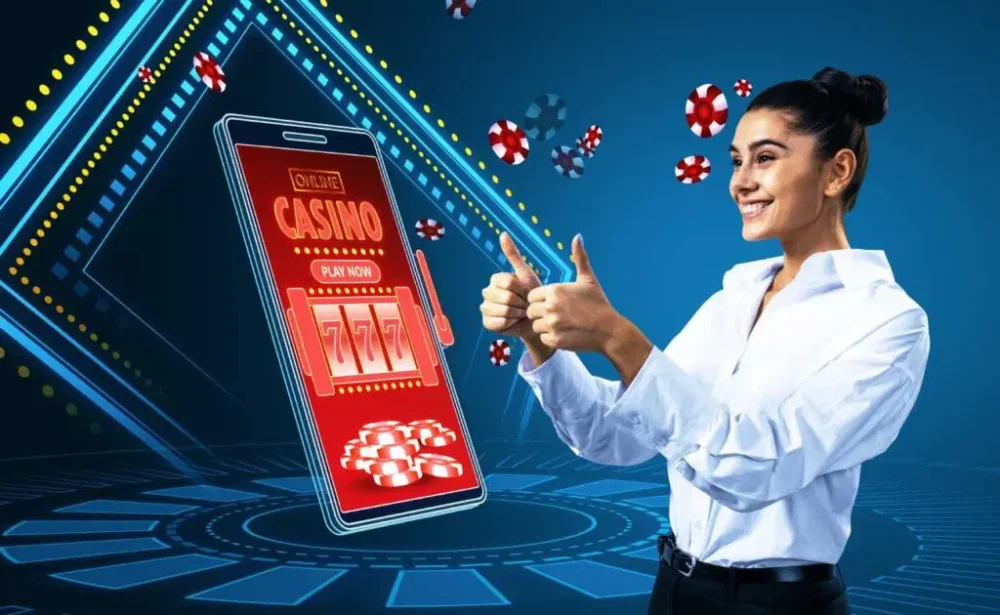

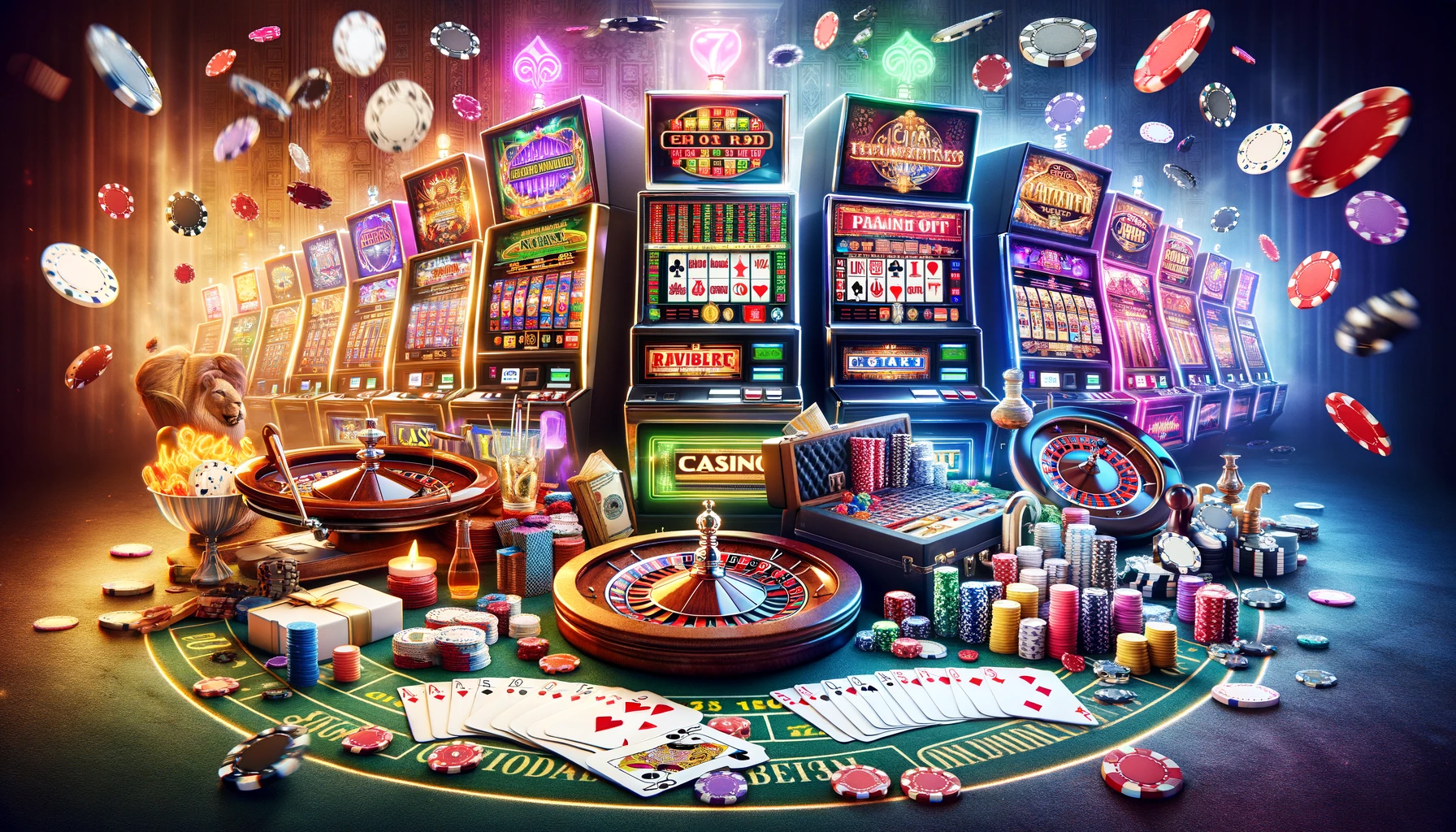
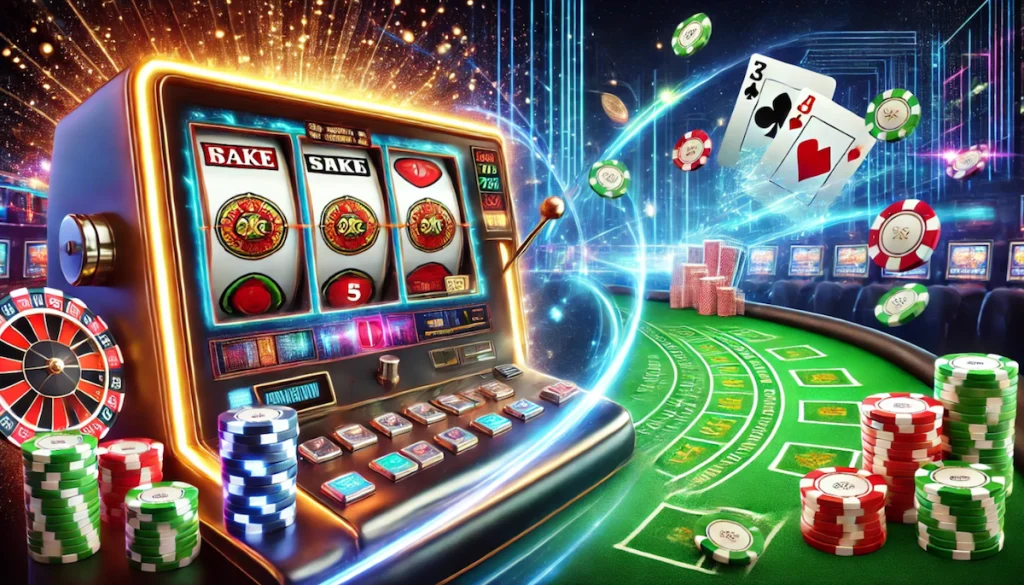 Die Unfähigkeit, Gewinne zu erhalten, ist die häufigste Beschwerde von Anfängern. Der Grund dafür sind unüberprüfte Zahlungslösungen oder unangemessene Transaktionsverarbeitungszeiten. Die Regeln für die Auswahl eines Online-Casinos für Anfänger schließen Plattformen aus, bei denen:
Die Unfähigkeit, Gewinne zu erhalten, ist die häufigste Beschwerde von Anfängern. Der Grund dafür sind unüberprüfte Zahlungslösungen oder unangemessene Transaktionsverarbeitungszeiten. Die Regeln für die Auswahl eines Online-Casinos für Anfänger schließen Plattformen aus, bei denen: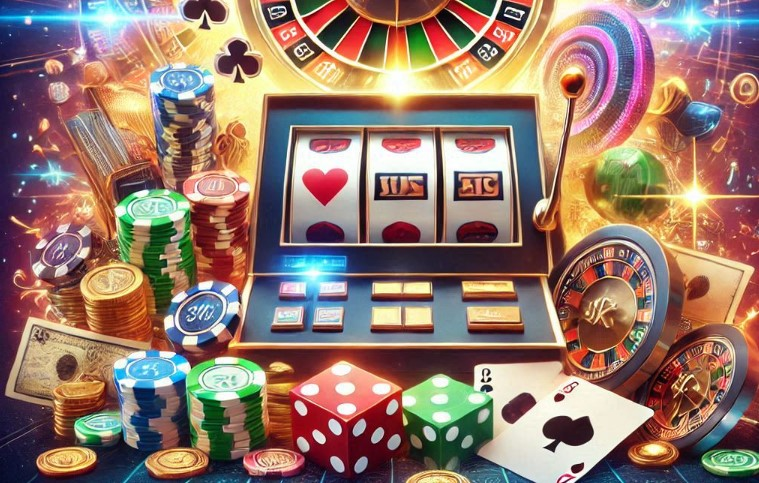 Die Fehler von Anfängern sind das Ergebnis eines oberflächlichen Ansatzes. Glücksspielplattformen sind nicht nur Unterhaltung, sondern ein System mit finanziellen Risiken und rechtlichen Konsequenzen. Die Regeln für die Auswahl eines Online-Casinos für Anfänger erfordern eine Bewertung nicht nur des Designs, sondern auch der internen Mechanismen: Lizenzen, Verifizierung, Auszahlungsalgorithmen. Eine erfolgreiche Auswahl beginnt nicht mit dem “Design” oder den “Freispielen”, sondern mit der Analyse der Plattformarchitektur. Erst nachdem alle Filter durchlaufen wurden, sollten Sie sich registrieren und eine Einzahlung tätigen. Rationalität, klare Kriterien und kritisches Denken sind die Grundlage für ein bewusstes Spiel.
Die Fehler von Anfängern sind das Ergebnis eines oberflächlichen Ansatzes. Glücksspielplattformen sind nicht nur Unterhaltung, sondern ein System mit finanziellen Risiken und rechtlichen Konsequenzen. Die Regeln für die Auswahl eines Online-Casinos für Anfänger erfordern eine Bewertung nicht nur des Designs, sondern auch der internen Mechanismen: Lizenzen, Verifizierung, Auszahlungsalgorithmen. Eine erfolgreiche Auswahl beginnt nicht mit dem “Design” oder den “Freispielen”, sondern mit der Analyse der Plattformarchitektur. Erst nachdem alle Filter durchlaufen wurden, sollten Sie sich registrieren und eine Einzahlung tätigen. Rationalität, klare Kriterien und kritisches Denken sind die Grundlage für ein bewusstes Spiel.

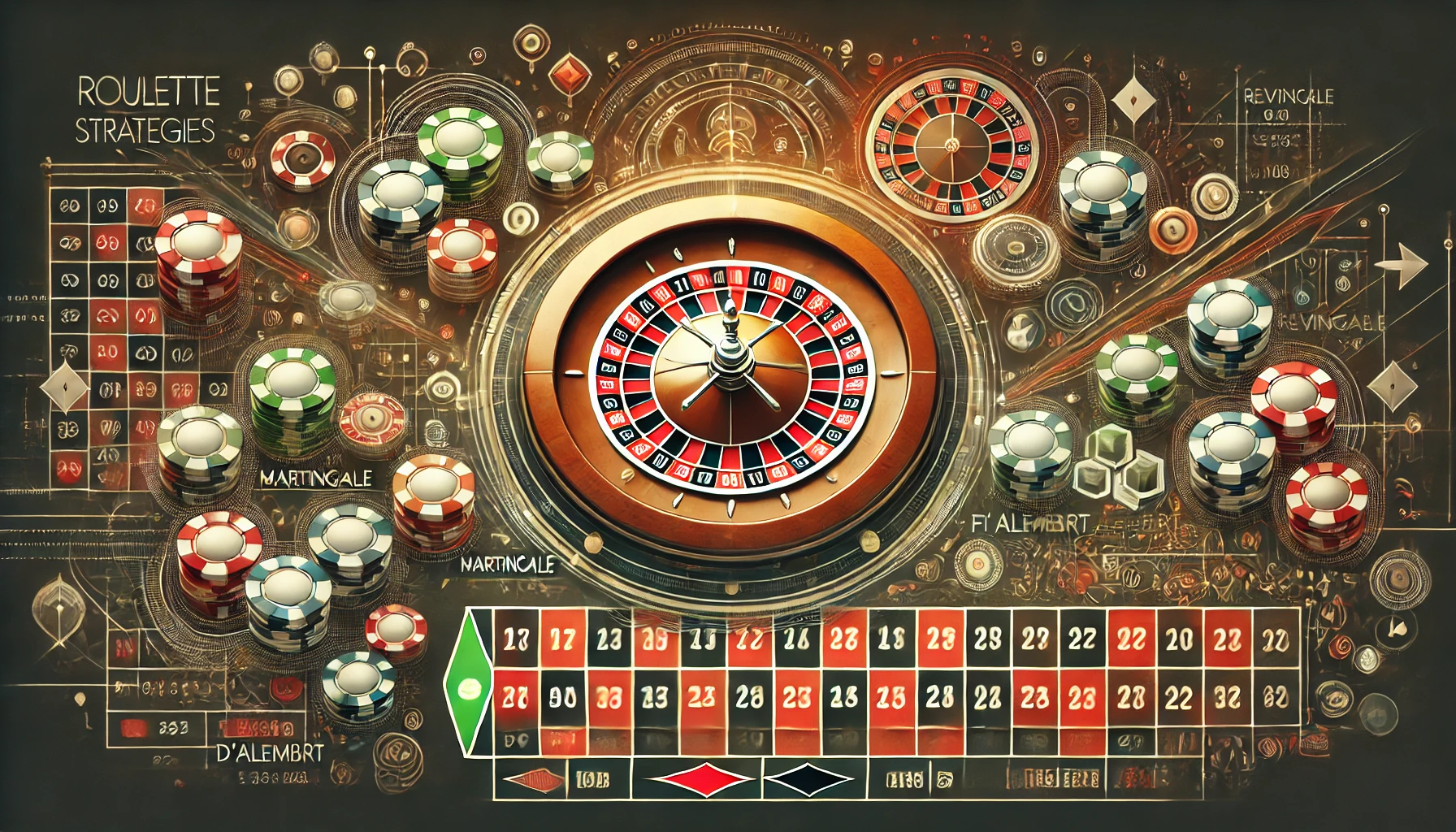

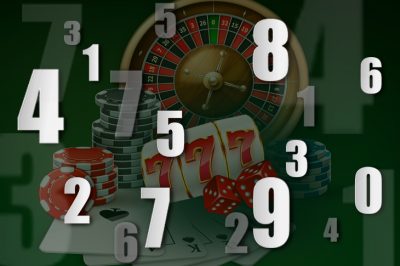


 Der gesamte digitale Glücksspiel basiert darauf, wie der Zufallszahlengenerator funktioniert. An seiner Basis liegt ein vom Entwickler codierter Algorithmus. Dieser startet eine mathematische Funktion, die eine lange Kette von Zahlen erzeugt. Diese Daten bilden ein spezifisches Spielergebnis: von der Position am Roulette bis zum Symbol im Spielautomaten.
Der gesamte digitale Glücksspiel basiert darauf, wie der Zufallszahlengenerator funktioniert. An seiner Basis liegt ein vom Entwickler codierter Algorithmus. Dieser startet eine mathematische Funktion, die eine lange Kette von Zahlen erzeugt. Diese Daten bilden ein spezifisches Spielergebnis: von der Position am Roulette bis zum Symbol im Spielautomaten. Der RNG im Casino spielt nicht für den Kunden und arbeitet nicht gegen ihn. Er berechnet einfach. Emotionslos, ohne Manipulationen und menschliche Faktoren. Genau das bestimmt, wie der Zufallszahlengenerator im Casino funktioniert – auf einem Niveau maximaler Transparenz und mathematischer Genauigkeit. Er gewährt keine Privilegien, bestraft nicht. Seine Aufgabe besteht darin, Bedingungen zu schaffen, in denen jeder Wurf, Klick und jede Karte unabhängig von der Vergangenheit sind.
Der RNG im Casino spielt nicht für den Kunden und arbeitet nicht gegen ihn. Er berechnet einfach. Emotionslos, ohne Manipulationen und menschliche Faktoren. Genau das bestimmt, wie der Zufallszahlengenerator im Casino funktioniert – auf einem Niveau maximaler Transparenz und mathematischer Genauigkeit. Er gewährt keine Privilegien, bestraft nicht. Seine Aufgabe besteht darin, Bedingungen zu schaffen, in denen jeder Wurf, Klick und jede Karte unabhängig von der Vergangenheit sind.
 Die Identitätsprüfung ist keine Laune der Plattform, sondern eine Anforderung der Regulierungsbehörden, ohne die legale Aktivitäten unmöglich sind. Die Identitätsverifizierung schafft eine transparente und sichere Umgebung für alle Teilnehmer des Spielprozesses.
Die Identitätsprüfung ist keine Laune der Plattform, sondern eine Anforderung der Regulierungsbehörden, ohne die legale Aktivitäten unmöglich sind. Die Identitätsverifizierung schafft eine transparente und sichere Umgebung für alle Teilnehmer des Spielprozesses.
 Die Verifizierung im Casino ist keine Formalität, sondern ein unverzichtbarer Bestandteil eines sicheren und legalen Spielprozesses. Sie schützt die Interessen der Spieler und Betreiber, minimiert Risiken und bestätigt die Zuverlässigkeit der Plattform.
Die Verifizierung im Casino ist keine Formalität, sondern ein unverzichtbarer Bestandteil eines sicheren und legalen Spielprozesses. Sie schützt die Interessen der Spieler und Betreiber, minimiert Risiken und bestätigt die Zuverlässigkeit der Plattform.
 Jede lizenzierte Plattform stellt klare Anforderungen an die Qualität und das Format der hochgeladenen Dateien. Die Geschwindigkeit der Überprüfung hängt direkt von der Richtigkeit der vorgelegten Dokumente ab.
Jede lizenzierte Plattform stellt klare Anforderungen an die Qualität und das Format der hochgeladenen Dateien. Die Geschwindigkeit der Überprüfung hängt direkt von der Richtigkeit der vorgelegten Dokumente ab.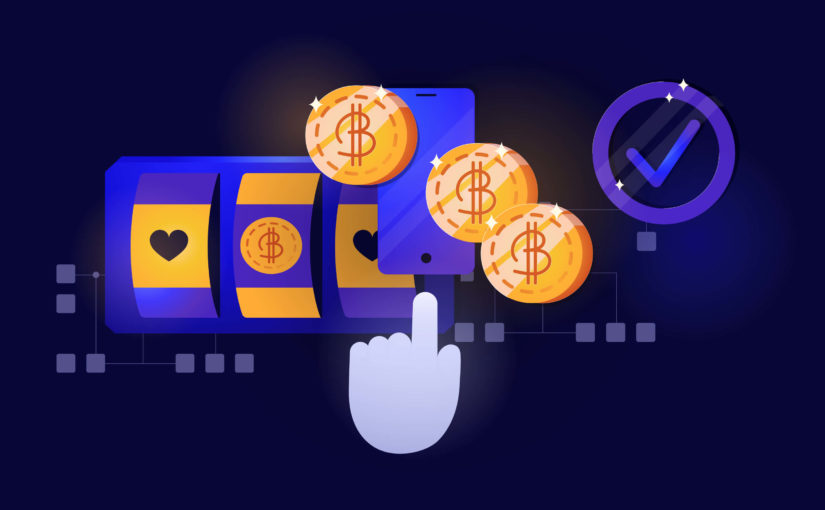 Das Verständnis, wie man die Verifizierung im Casino besteht, hilft, Sperrungen zu vermeiden, Auszahlungen zu beschleunigen und den Zugriff auf alle Funktionen der Plattform zu eröffnen. Dies ist keine schwierige Hürde, sondern ein Element des Vertrauens, ohne das ein faires Spiel unmöglich ist.
Das Verständnis, wie man die Verifizierung im Casino besteht, hilft, Sperrungen zu vermeiden, Auszahlungen zu beschleunigen und den Zugriff auf alle Funktionen der Plattform zu eröffnen. Dies ist keine schwierige Hürde, sondern ein Element des Vertrauens, ohne das ein faires Spiel unmöglich ist.



